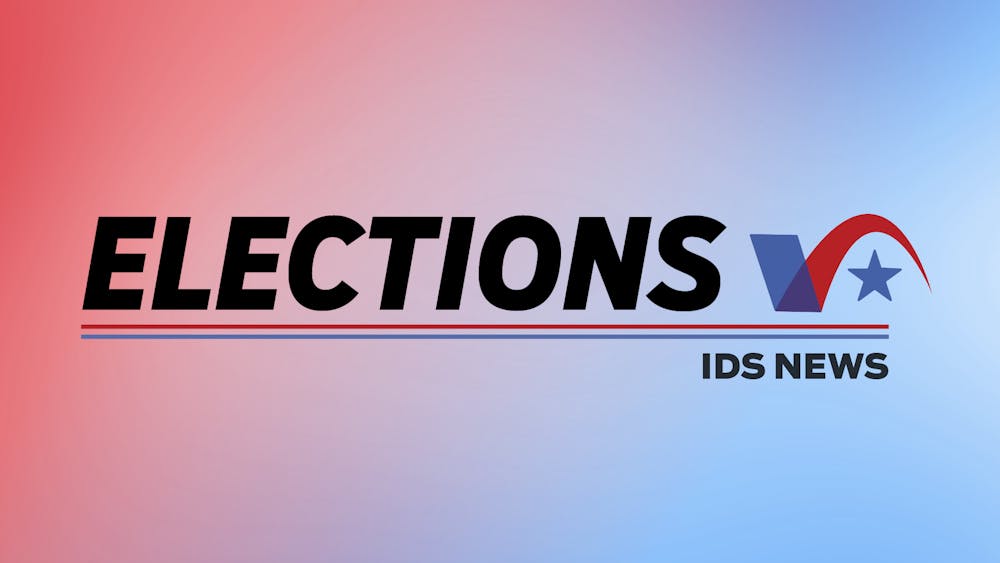A new plan was recently announced to increase transparency and accountability in state government in order to safeguard taxpayers, foster better budgeting practices, promote good jobs and garner needed savings.
The Indiana Open Government Initiative, a package of legislative proposals I will co-author during the 2011 session of the Indiana General Assembly, can bring Indiana in step with a movement already underway in many other states.
In keeping with these values, an online forum is available for individuals to submit their own ideas on increasing transparency in Indiana state government at www.senatedemocrats.in.gov/OpenGov.
My hope is that this open process will contribute to the ideas and values that will allow us, collectively, to improve how state government serves the residents of Indiana.
State legislators are now preparing for a new state budget, one that will carry us through the next two years.
Transparency in current state expenditures, spending cuts and economic development incentives have been an ongoing topic of concern, as it is very difficult to make decisions for the future when we don’t have information on what funding has been withheld under the current budget and the impact of those cuts.
Transparency of this kind is a matter of accountability, and it’s a matter of respect for the values of public input and oversight.
The public deserves the whole story on where expenditures and reductions are made, how effectively taxpayer dollars are being used and how these decisions affect all Hoosiers.
The Indiana Open Government Initiative speaks to these issues in a number of ways.
First, I believe we need to provide a comprehensive website that offers one-stop public access to not only state budgets and contracts, but also state spending and funding cuts, tax breaks and economic development incentives.
State Representative Peggy Welch of Bloomington introduced legislation last session to create a comprehensive website, but the bill was defeated.
A new state website, Transparency.in.gov made public just last week, pulls together some of the information already available online but provides disappointingly little new information.
Key to helping the public find pertinent information is the ability to find this information in the ways that the public interacts with government — via program titles and populations served, not just the bottom line for a state agency.
For example, the state’s public radio and television stations received only half of the state funding that was expected in 2009 and 2010. This appropriation is a line item in the state budget that does not fall under a state agency, so the cut does not show up on an agency report.
Second, we need to require increased accountability by corporations which use taxpayers’ dollars in exchange for promises of new jobs. Adding incentives to our economy must be a priority, but that does not mean the public should be kept in the dark about who receives those funds and whether their promises are kept.
Third, I believe we need to ensure state contracts are awarded based on qualifications, not political contributions.
Ending the practice of “pay to play” and prohibiting campaign contributions to state officials by companies that bid on state contracts will increase competition and create a level playing field for doing business with the state.
Open government initiatives can save millions of taxpayer dollars through more efficient government operations, more competitive contracting bids, fewer manual information requests and a lower risk of fraud.
Transparency also allows states to track how well subsidies and tax incentives deliver results.
Coupled with corporate accountability laws and greater public input, transparency allows the state to recoup funding from under-performing projects and programs and reinvest those dollars into more successful programs.
Thirty-two states allow residents to access detailed information about government expenditures online, including neighboring states Illinois, Kentucky and Ohio.
A more transparent and accessible state government can better engage civic-minded Hoosiers and leverage their ingenuity, moving Indiana more quickly to a brighter and more prosperous future.
Senate Democratic Leader Vi Simpson represents Senate District 40 in the Indiana General Assembly, serving portions of Monroe County and Brown County. Prior to her election as Senate Democratic Leader, Simpson served on the State Budget Committee for 10 years. She is the first female caucus leader in Indiana.
Guest column: Shedding a light on Indiana's government

Get stories like this in your inbox
Subscribe




